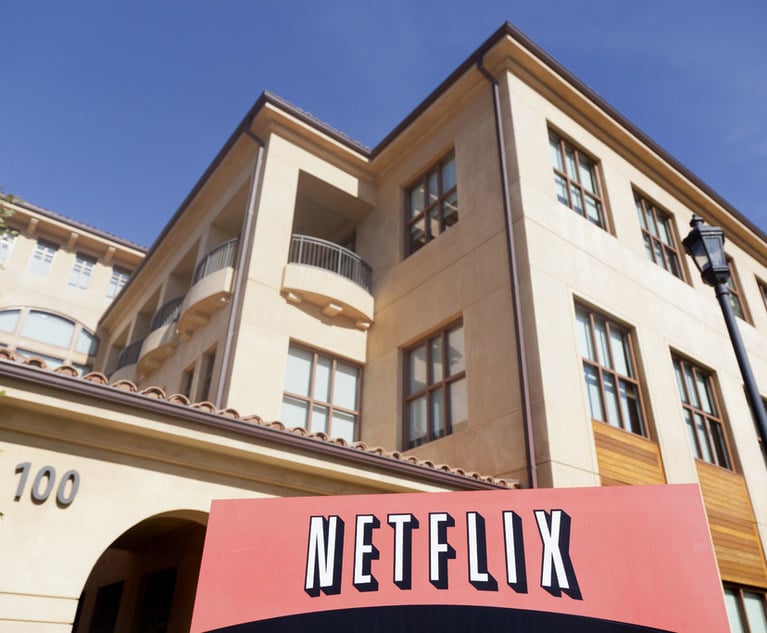Chief privacy officer salaries are on the rise, a new report from the International Association of Privacy Professionals claims, with U.S.-based professionals earning the most.
According to the IAPP’s 2019 Privacy Professionals Salary Survey, American CPOs’ median salary is $212,000 compared to $185,000 in the U.K. and $142,000 in the European Union. The global median salary for CPOs is $200,000 in 2019.


 Photo: laymanzoom/Shutterstock.com
Photo: laymanzoom/Shutterstock.com








